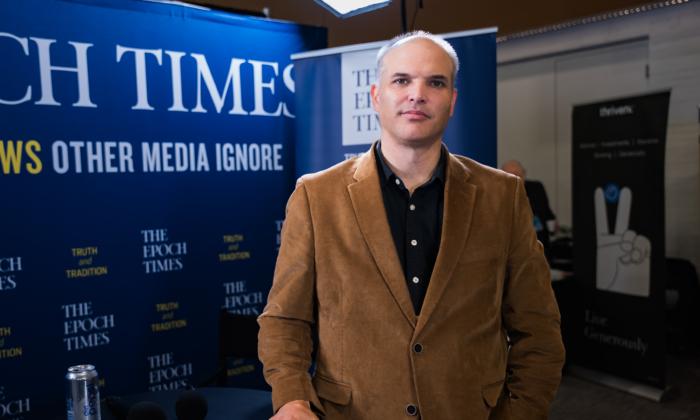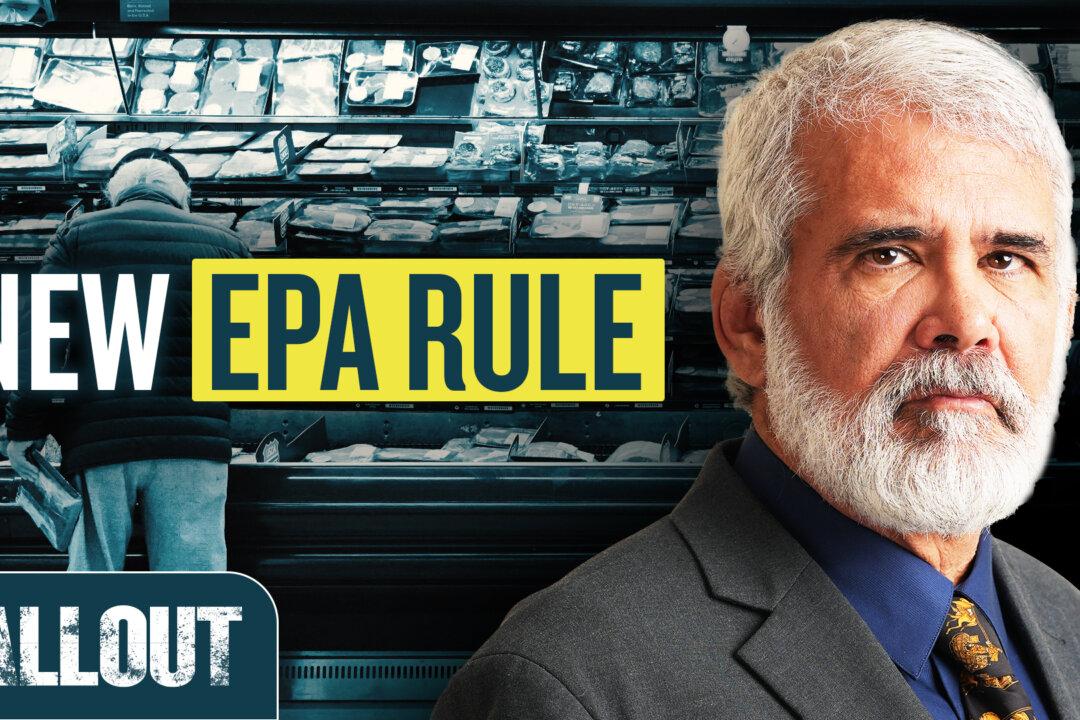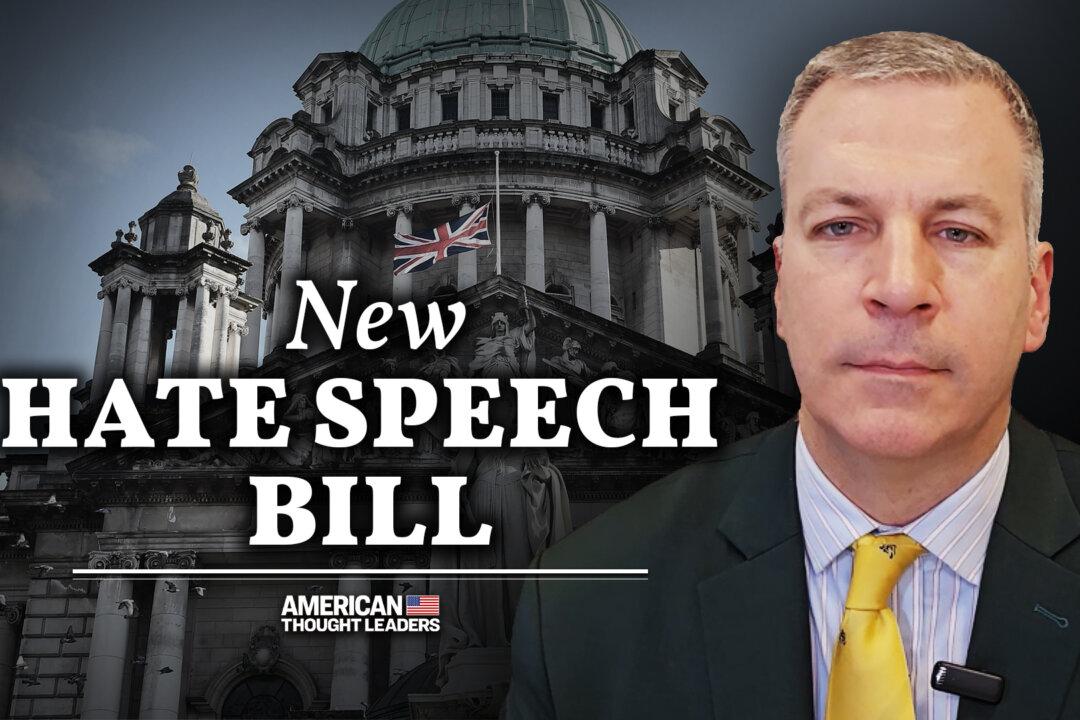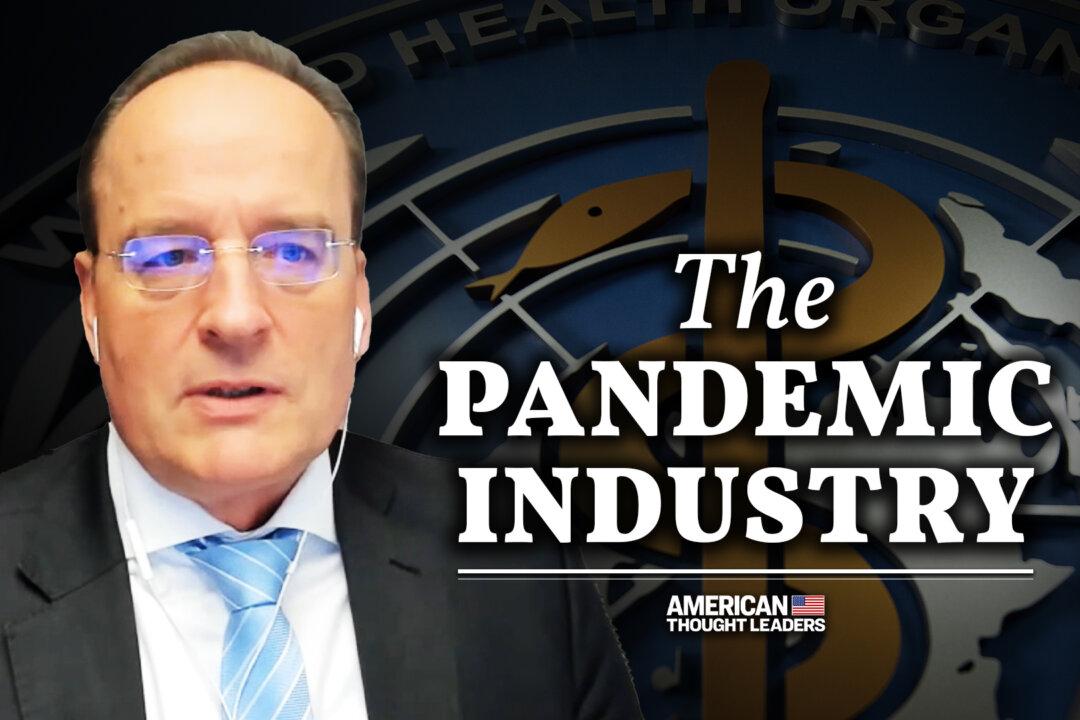In a recent
episode of “American Thought Leaders,” host Jan Jekielek sits down with journalist Matt Taibbi. He is one of the key investigators of the Twitter Files, which exposed collusion between social media companies and the federal government to censor Americans on a mass scale.
Jan Jekielek: You’ve talked about these incredible censorship apparatuses that have been pulled up over the last years, and people losing their ability to communicate their ideas in the public square, and the loss of that freedom.
Matt Taibbi: I came around to this way of thinking because I spent a lot of the winter working on these Twitter Files stories. They were complicated in their specifics, who was talking to whom, and how the procedures worked, but the basic idea was that the government wants to censor, and the companies would rather censor than be regulated.
That wasn’t hard to understand. But as a journalist, when part of the story doesn’t compute, this little inner voice sounds the alarm. Something about the story didn’t fit, and the question was, “Why is everybody OK with this?” Americans have always rebelled against censorship.
In parallel with this censorship program, by doing things like shadow banning and denylisting, they’re also trying to simplify controversies. That drains our will to be curious, to stand up for our rights, and to think about things in a complicated way. That’s part of internet culture now, and they’re draining the fighting spirit out of us.
Mr. Jekielek: Marshall McLuhan famously said, “The medium is the message.” I’m wondering how much our new way of communicating is affecting that assault on the American spirit.
Mr. Taibbi: I’ve been covering internet censorship issues since 2018. I was one of the first people in “mainstream” media to worry about it in the United States. One of the things I’ve learned is that social media is addictive, like cigarettes. Studies have shown people get dopamine hits even from feeling the waffle pattern on the back of their phones. They’re addicted to the whole process of looking at their phones.
The problem with internet culture is that it’s anti-individualistic. If you talk to school kids, their whole sense of self-worth is wrapped up in the likes and impressions they’re getting on social media. They can’t measure the worth of their own personalities without group approval.
We’ve never had to think so much about how to fit into the crowd. The internet culture wraps up everybody in group affirmation, and that has been very harmful.
The stars in mainstream media, for example, are all people who go along with the consensus view of things. Newsrooms used to be places where people had all kinds of opinions. Now, everybody’s nervous. They don’t want to tell you what they’re really thinking. It’s a terrible atmosphere for this kind of job, because to get to the truth you need to have that spirit of free inquiry.
Mr. Jekielek: Let’s touch on Russiagate. What made you realize something was off?
Mr. Taibbi: It was the way they were reporting the story. A lot of people were referring to anonymous sources and things that other reporters couldn’t independently confirm. It’s like science—if you can’t reproduce the experiment in the lab, you should be nervous about it.
In places like MSNBC I said that we have to be careful of stories like this. There was this instant condemnation from people within the business, which was totally new to me.
Mr. Jekielek: That was a complete turnaround of what journalism is supposed to be, an indicator of a serious problem. Because for so many others, it sent a message: “This is what will happen to you.”
Mr. Taibbi: Yes. One of the reasons why this messaging is always strongest when it’s directed at people like me is because I can handle it. I have financial and professional security, and I’m going to make it. But people who are just starting out in the business, whose future is less certain, they’re going to think, “If I start saying these things, it might end my career.”
Mr. Jekielek: Is it a vicious cycle? You have these powerful tools creating a perceived consensus around an issue. We had Trump derangement syndrome. Later, we had COVID derangement syndrome. Now we have Elon derangement syndrome. A lot of people have really believed all of that.
Mr. Taibbi: That’s what happens with all of these news stories. They demonize, and they create these code words: “They’re terrorists, they’re fascists, they’re white supremacists, they’re anti-vax. Therefore, you don’t need to have a conversation with them. You just need to disdain them.” They’re asking people to stop thinking.
The FBI, the CIA, and DARPA [Defense Advanced Research Projects Agency]—we ran into them over and over again in the Twitter Files.
All these agencies that were once involved with counterterrorism and counter-messaging to disaffected young Muslim men in foreign countries are now turning those techniques on our own population and trying to get them to believe in a different kind of political consensus.
Instead of “Don’t join Al Qaeda,” now they’re saying, “Don’t vote for Donald Trump.” And it’s actually not a Left or Right thing. It’s just, ”Stay in the safe place. Stay with consensus.” We can see the outlines of it in the Twitter Files, but if we dig deeper, we’ll find out there’s much more to it. It’s dangerous, especially if it’s done in secret.
Mr. Jekielek: Any final thoughts, Matt?
Mr. Taibbi: This is the core issue: are we going to tightly regulate the way people think or are we going to allow them to be free-thinkers, as we did briefly in the West? This is an inflection point that may turn out to be a crucial moment in the intellectual history of humankind. I hope it comes out the right way, because it’s very scary.
This interview was edited for clarity and brevity.








